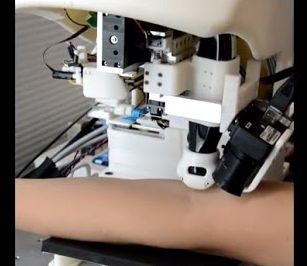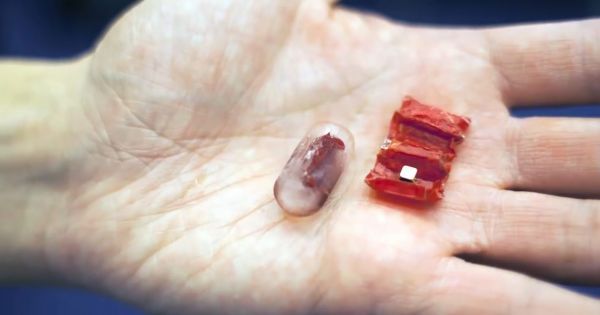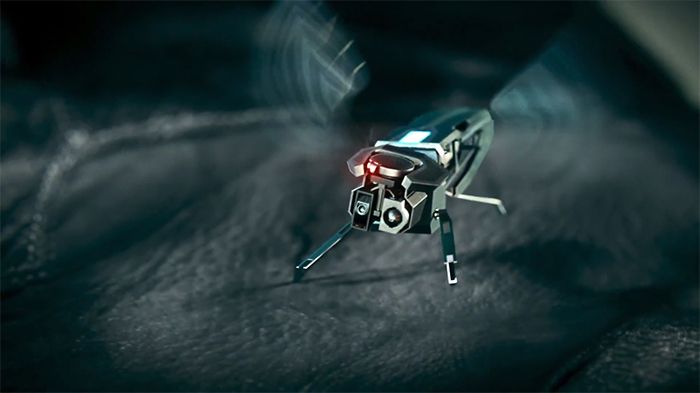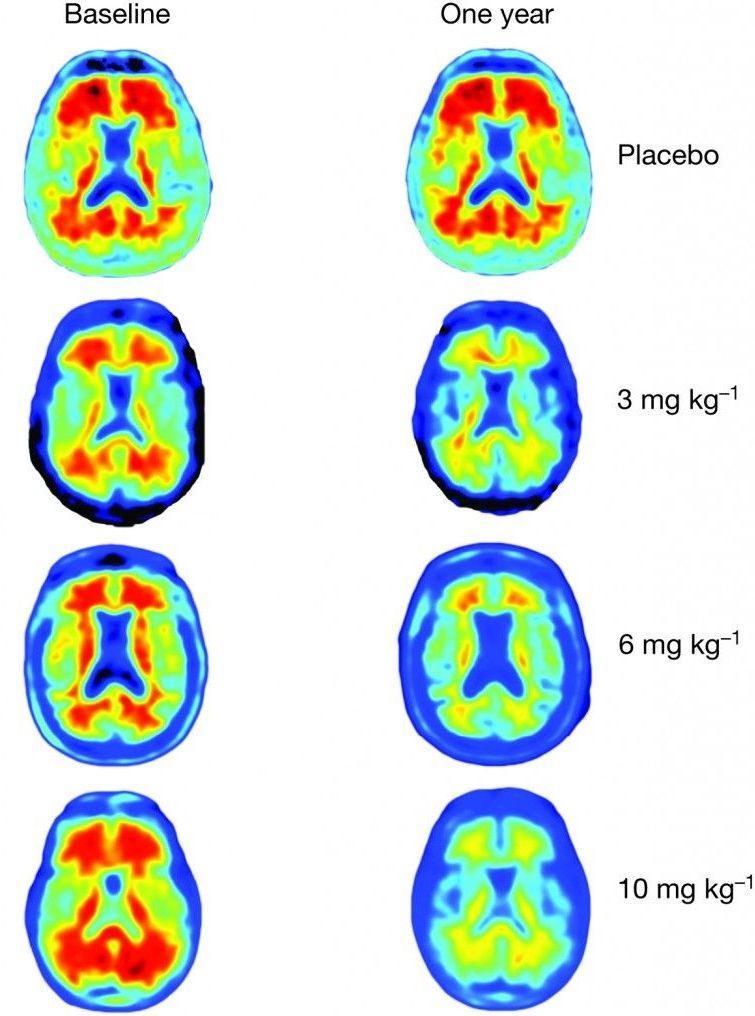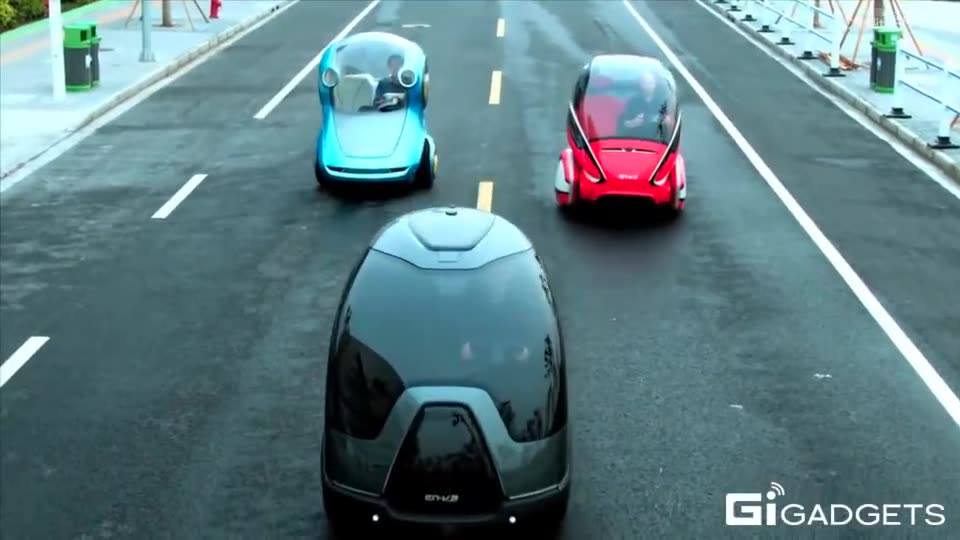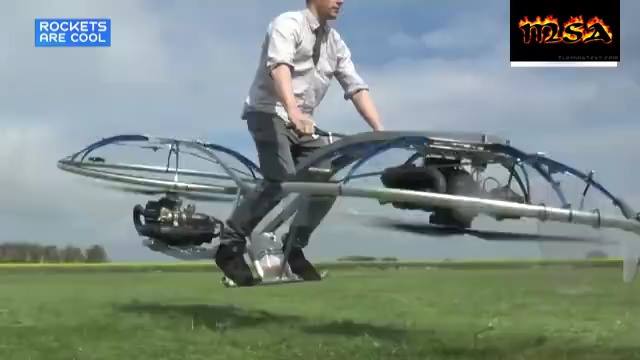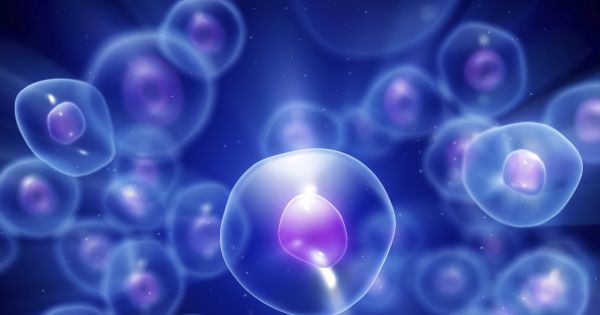Page 10888
Sep 7, 2016
Pill Robots: The Future of Non-Invasive Surgery [INFOGRAPHIC]
Posted by Elmar Arunov in categories: biotech/medical, robotics/AI
These digestible “robots” can be packed into a pill casing and swallowed like any old aspirin.
Meet the future of medical robotics.
Sep 7, 2016
How robots, drones and artificial intelligence will change everything
Posted by Klaus Baldauf in categories: biotech/medical, drones, economics, food, media & arts, robotics/AI, virtual reality
Silicon Valley, or the Greater Bay Area, is the 18th largest economy in the world, more than half the size of Canada’s economy and bigger than Switzerland, Saudi Arabia or Turkey. This is because the region has become the world leader in research and development of emerging technologies such as artificial intelligence, robotics, software and virtual reality.
“Software is eating the world,” said Silicon Valley investor Marc Andreessen famously in 2011. It was controversial but prescient.
Five years later, software-driven machines and drones perform surgery, write news stories, compose music, translate, analyze, wage war, guard, listen, speak and entertain. The world’s biggest box office hits — animated films such as “Frozen” or special effects in Hollywood blockbusters like “Star Wars” — are made using software.
Continue reading “How robots, drones and artificial intelligence will change everything” »
Sep 6, 2016
New Drug Clears Abnormal Brain Proteins Tied to Alzheimer’s
Posted by Dan Kummer in categories: biotech/medical, neuroscience
In people with Alzheimer’s disease, a new investigational drug can dramatically reduce the amount of amyloid beta plaque, the tangled clumps of proteins that form in the brains of Alzheimer’s patients, according to a new early study of the drug.
The drug works by spurring the immune system to recognize and clear the plaques.
“We believe that’s a hint of efficacy,” study co-author Dr. Alfred Sandrock, a neurologist and an executive vice president at Biogen, said during a news briefing. “We believe that needs to be confirmed with further studies.” Biogen is the Cambridge, Massachusetts, company that funded the trial and applied to patent the drug. [10 Things You Didn’t Know About the Brain].
Continue reading “New Drug Clears Abnormal Brain Proteins Tied to Alzheimer’s” »
Sep 6, 2016
The future of transportation… Pods
Posted by Magaly Santiago in categories: futurism, transportation
Sep 6, 2016
3D-Printing Allows You To Design And Time Your Daily Vitamin
Posted by Shailesh Prasad in category: 3D printing
Sep 6, 2016
These Nanobots Can Repair Circuits All by Themselves
Posted by Shailesh Prasad in categories: computing, nanotechnology, physics, robotics/AI
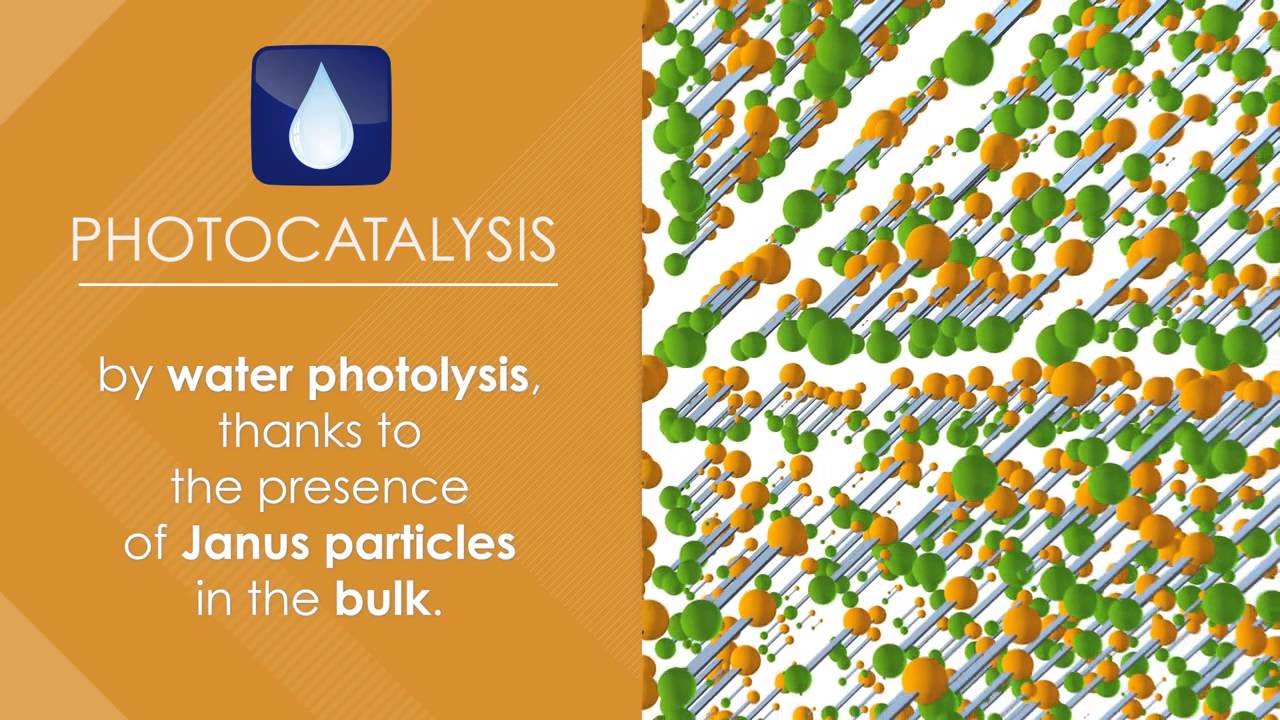
A new technique uses the curious physical laws of the nano-scale itself to “program” nanobots. Welcome to the future of nanotechnology.
Nanorobotics has long been touted as one of the most promising “miracle technologies” of the future. But one of the fundamental problems with such extreme miniaturization is how to “program” nanobots—after all, you can’t very well shrink computer circuitry to fit within nanometer-scale technology.
Continue reading “These Nanobots Can Repair Circuits All by Themselves” »
Sep 6, 2016
Stem Cells Allow Scientists to Repair Injured Spinal Cords
Posted by Shailesh Prasad in categories: biotech/medical, neuroscience
In a study published in Nature Medicine, researchers report that they have successfully coaxed stem cell-derived neurons to regenerate lost tissue in damaged corticospinal tracts of rats.
Stem cells are an amazing part of medical research. Because of their ability to become virtually any cell in the human body, they could hold the cure for many varied and grave diseases—from bones, to sight, to memory and thinking, stem cells could help us correct a host of conditions.
In fact, it seems that stem cells might be the key to repairing spinal cord injuries.
Continue reading “Stem Cells Allow Scientists to Repair Injured Spinal Cords” »
Sep 6, 2016
THIS is how you can use ultrasound for wound healing
Posted by Shailesh Prasad in categories: biotech/medical, neuroscience
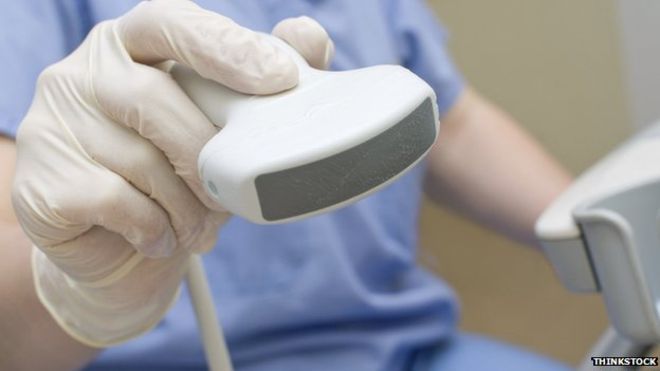
https://youtube.com/watch?v=PL-0Ga9Sziw
Other than speeding up bone healing, slowing Alzheimer’s in mice, ultrasound has been found to help with speedy wound healing. Ultrasound application can help diabetic patients, who suffer from helping defects, up to 30% to decrease the healing time of wounds.

Continue reading “THIS is how you can use ultrasound for wound healing” »
